The call each year showcases the work of photographers and filmmakers from around the world who are pushing stories about biodiversity decline and the climate crisis. It can be seen in an exhibition at the Royal Geographical Society in London.
Art and environment have long been in an ongoing dialogue. If we stop to think about it, it makes perfect sense: art drinks from what happens in life, and climate change is one of the greatest challenges of our time. Earth Photo, an open call for entries in which photographers and filmmakers from all over the world participate every year, was born out of this awareness. The end result is an exhibition that shows different stories and realities of our planet. Earth Photo 2024 can be seen at the Royal Geographical Society in London until 21 August.
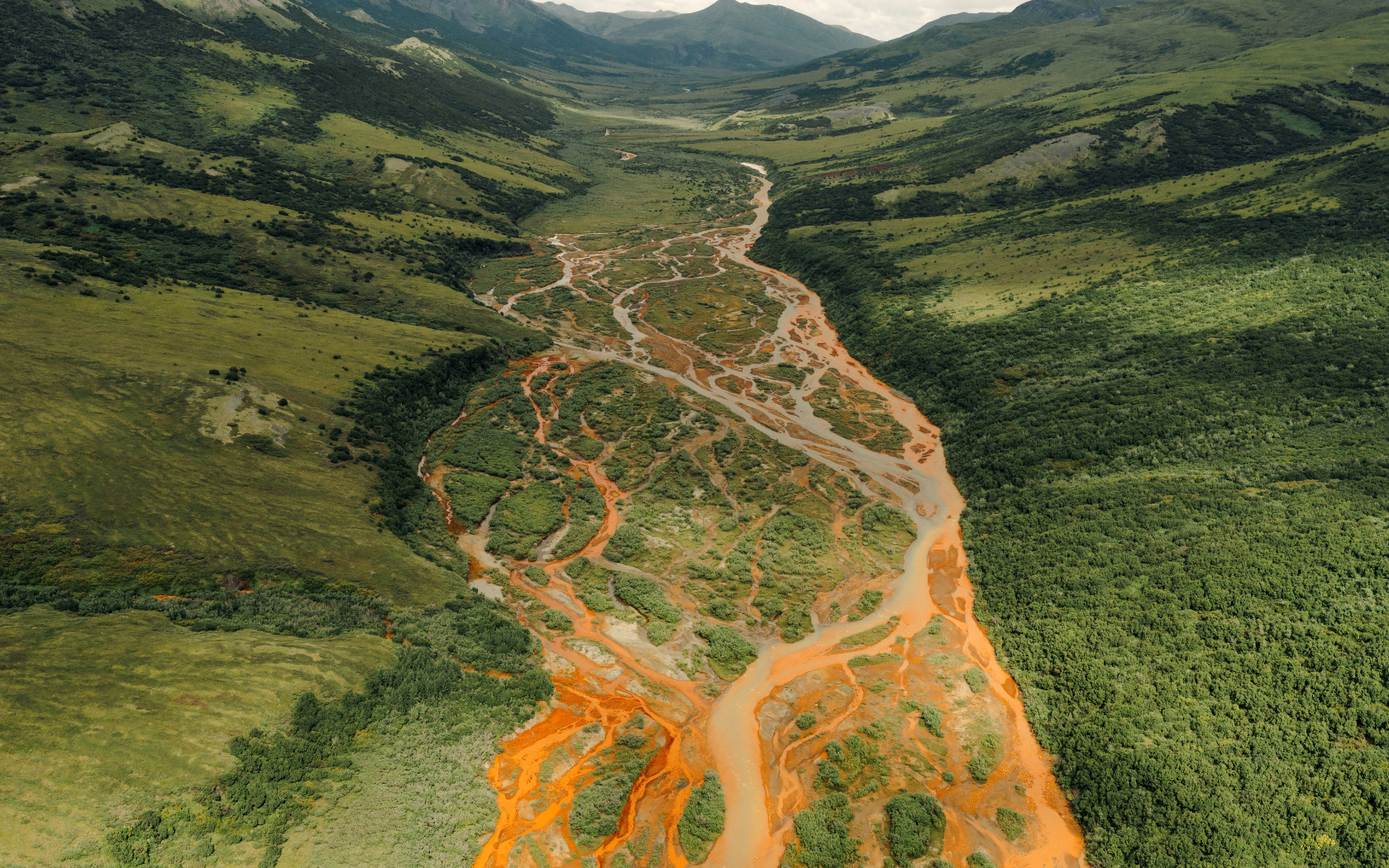
Taylor Roades, Rust River.
As in previous editions, Earth Photo 2024 invited participants to reflect on the climate crisis, the decline of biodiversity, the recovery of nature, the reintegration of species and the actions we can take to preserve the planet’s resources. And although there could only be one winning project in the Earth Photo 2024 category – which in this edition was that of Jean-Marc Caimi and Valentina Piccinni with Tropicalia – the exhibition has an exceptional visual richness.
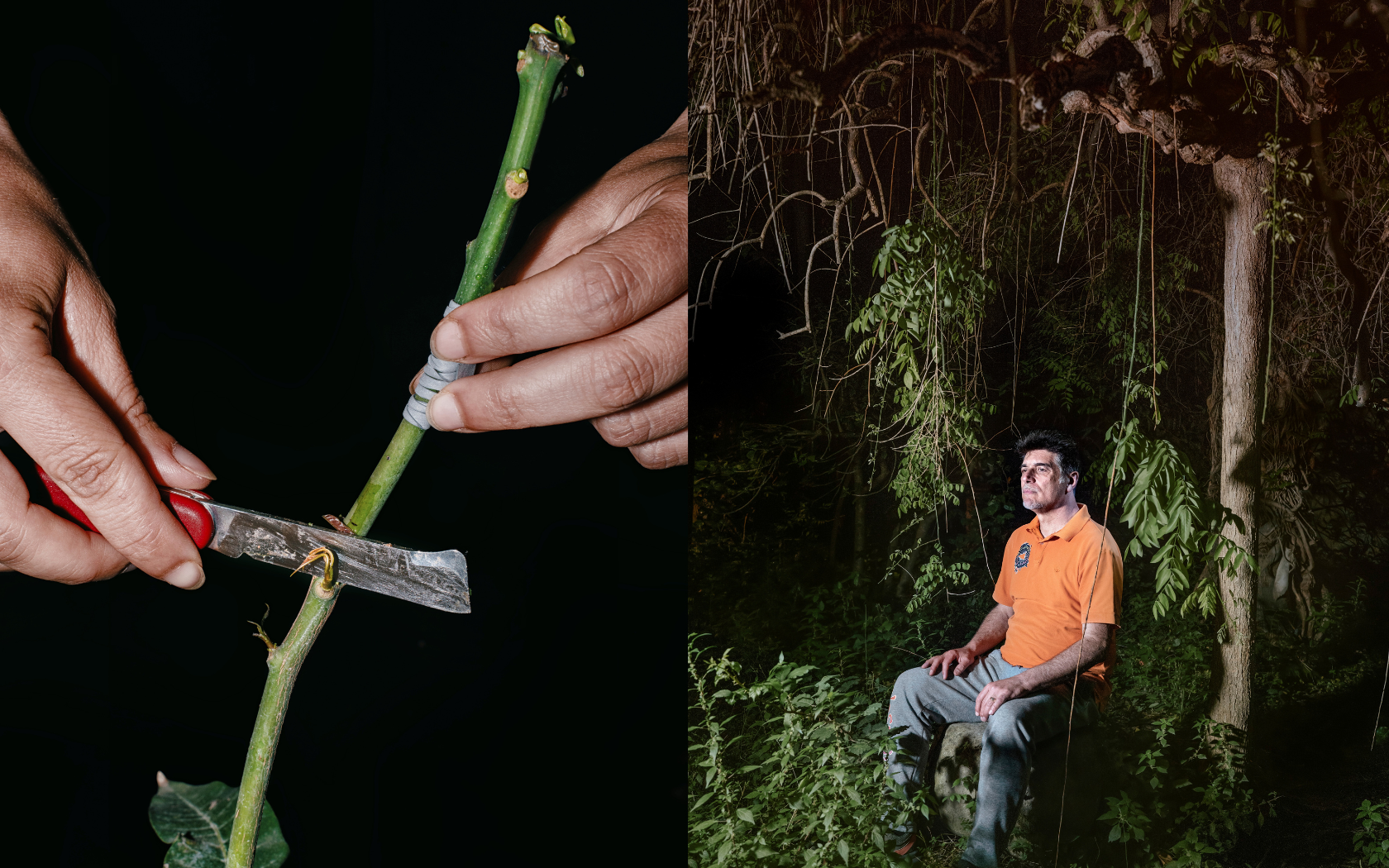
Jean-Marc Caimi Valentina Piccinni, Tropicalia.
Caimi and Piccinni document in Tropicalia the strategies used by Sicilian farmers to combat climate change. Both artists explain that ‘how the world will adapt to the new scenario of our planet can already be seen in the struggles of microcosms such as Sicily, which has become the epicentre of the new tropical battle’.
Beyond this generic category, there has been a selection of winners in the categories of Climate of Change Award, Forest Ecosystem Award, The Earth Photo 2024 Moving Image Award, The Sidney Nolan Trust Residency Prize, David Wolf Kaye Future Potential Awards (DWKFPA), Photoworks Digital Residency, New Scientist Editors Award and National Trust Attingham Award.
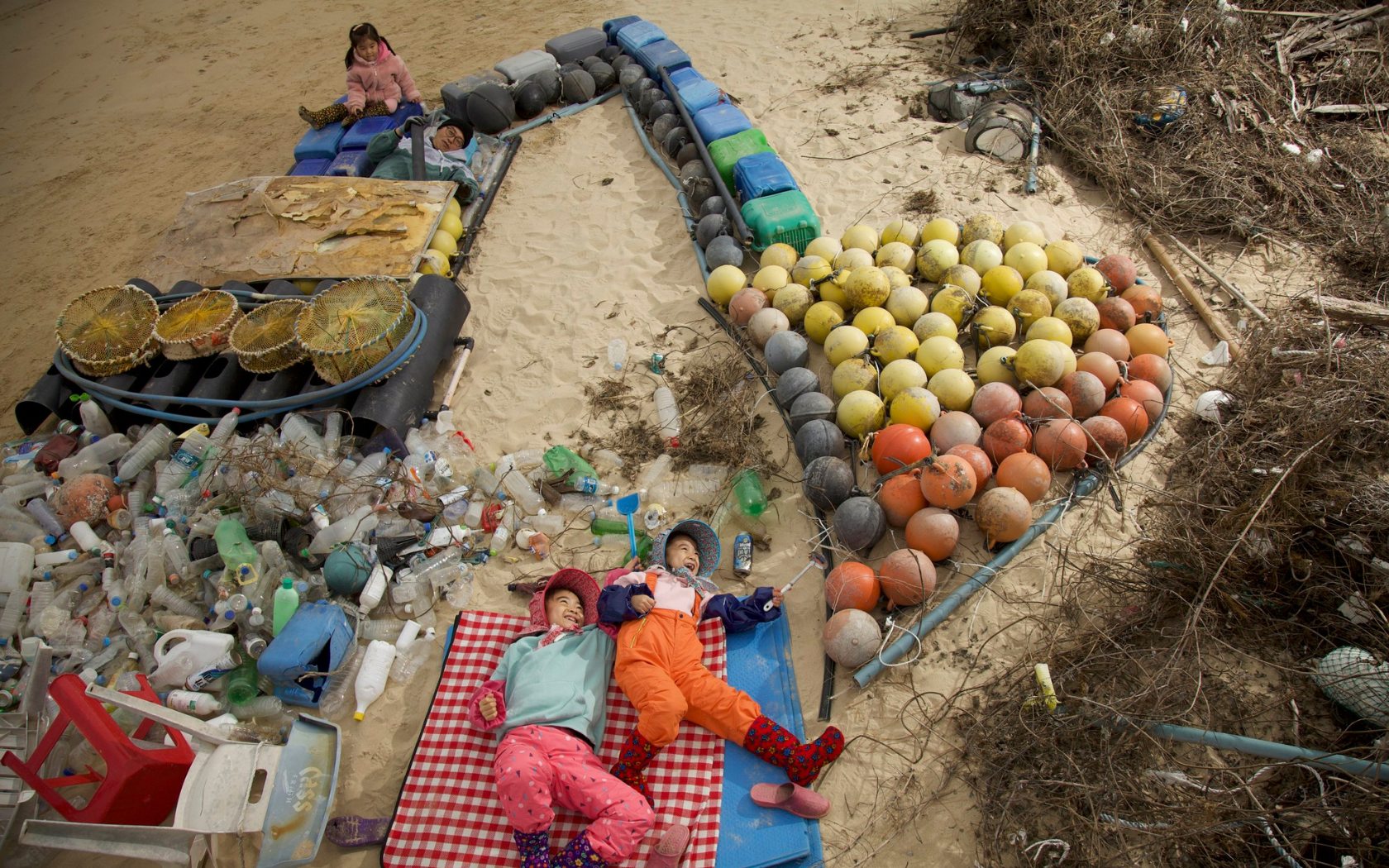
Elrea Song, Combing the sea, combing peace.
Climate of Change Award
On the first, the winning artist was Jennifer Adler for Corals of the Future, a project that explores the impact of climate change on marine ecosystems by focusing on the Coral Restoration Foundation’s Tavernier Nursery, the largest underwater coral nursery in the world.
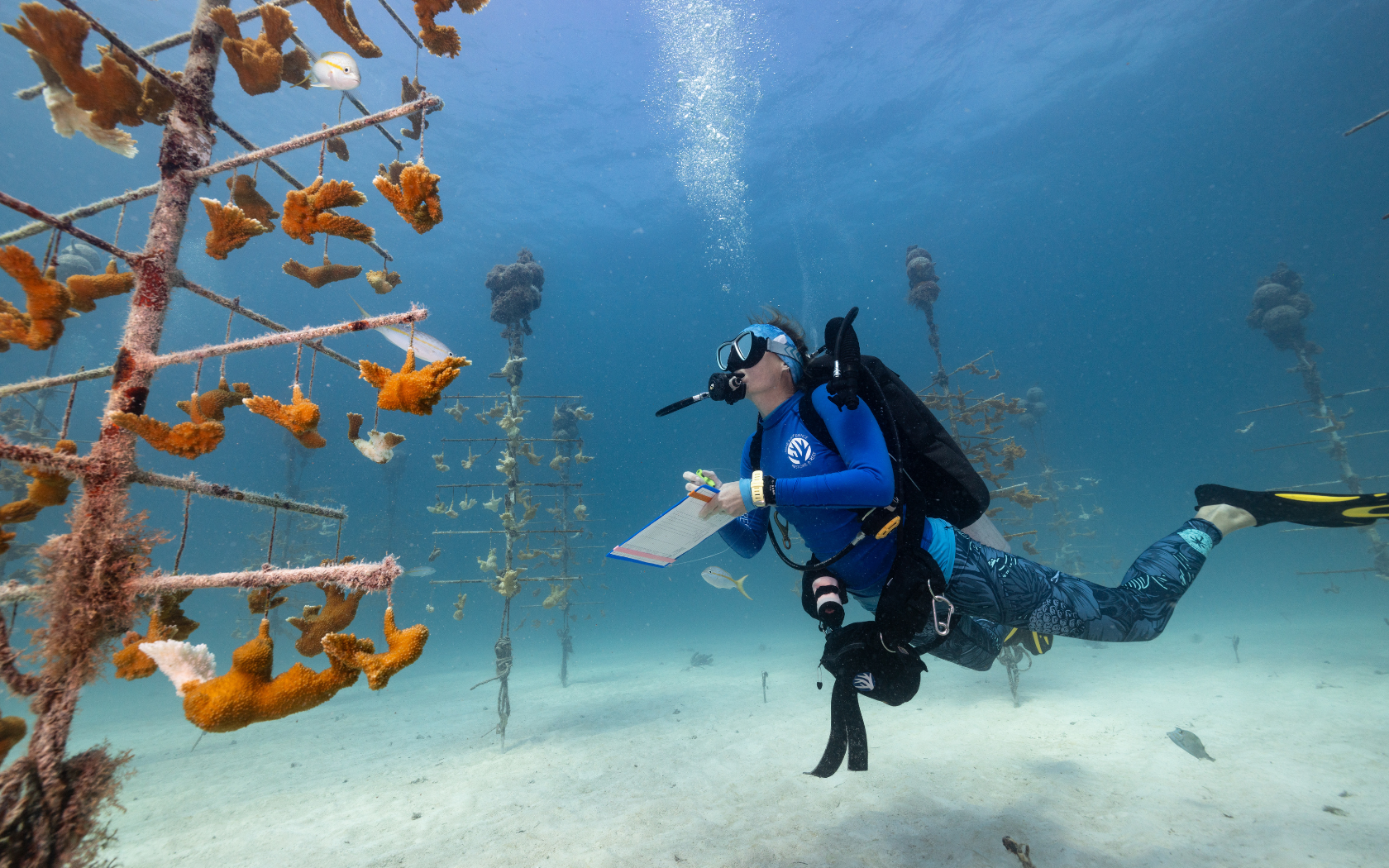
Jennifer Adler, Corals for the Future.
Forest Ecosystem Award
The Forest Ecosystem Award went to Marc Lathuillière for the film Ser Guardianes Madre Arbol (Becoming Guardians of Mother Tree). The film was shot in the Bajo Atrato basin, a biodiversity hotspot in northern Colombia and one of the wettest areas on Earth. The protection of its rainforest is intrinsically linked to the survival of hundreds of Afro-descendant communities practising small-scale sustainable agriculture.
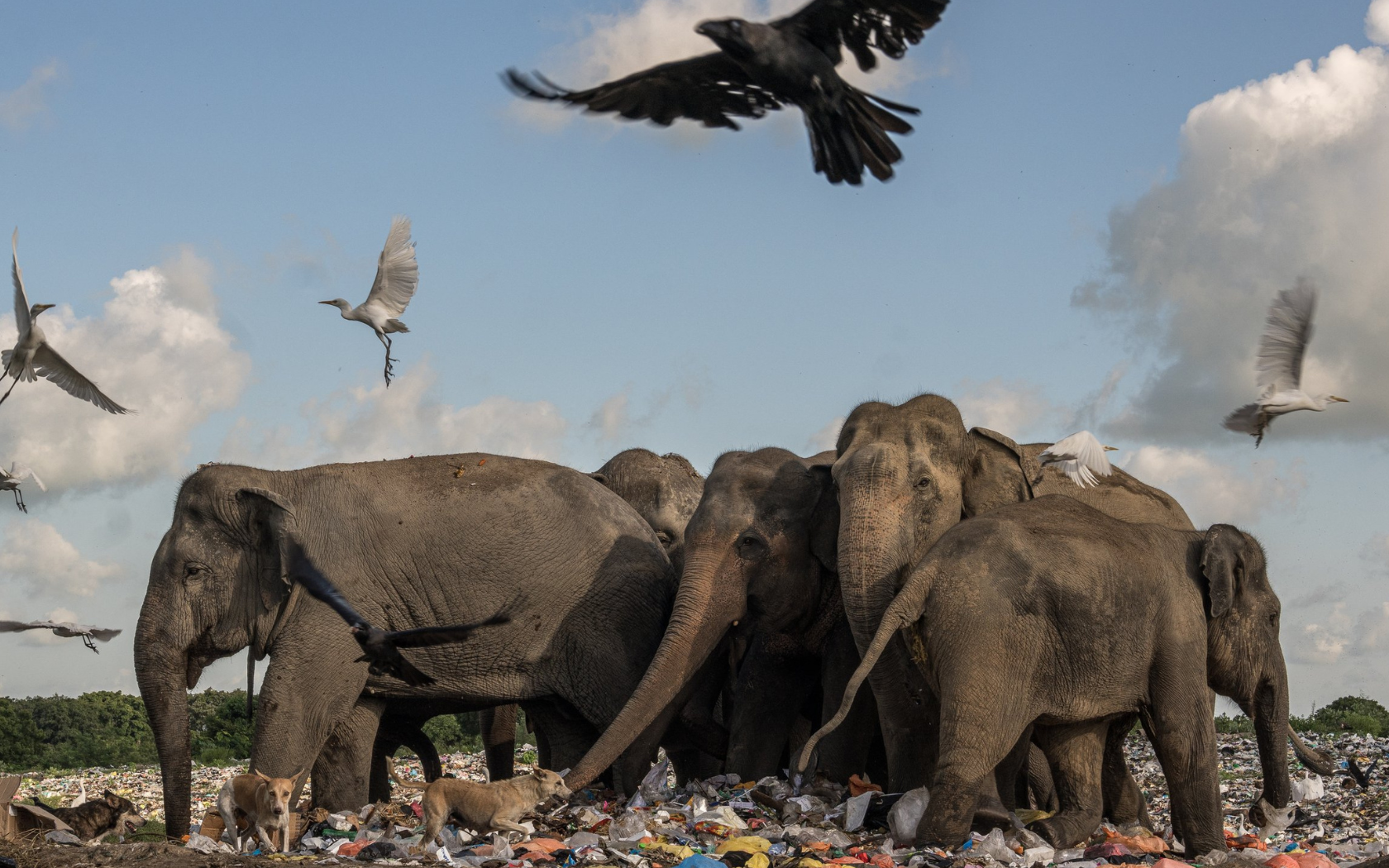
Damith Osuranga Danthanarayana, Human Disaster.
The Earth Photo 2024 Moving Image Award
The Earth Photo 2024 Moving Image prize was awarded to Zula Rabikowska for her short film The Border, which explores the way nature and landscapes become political symbols, bearers of human conflict.
Born in Poland and raised in the UK, the artist reflects on her heritage and identity, highlighting the war-torn landscape of Eastern Europe, fluctuating borders and conflicting identities.
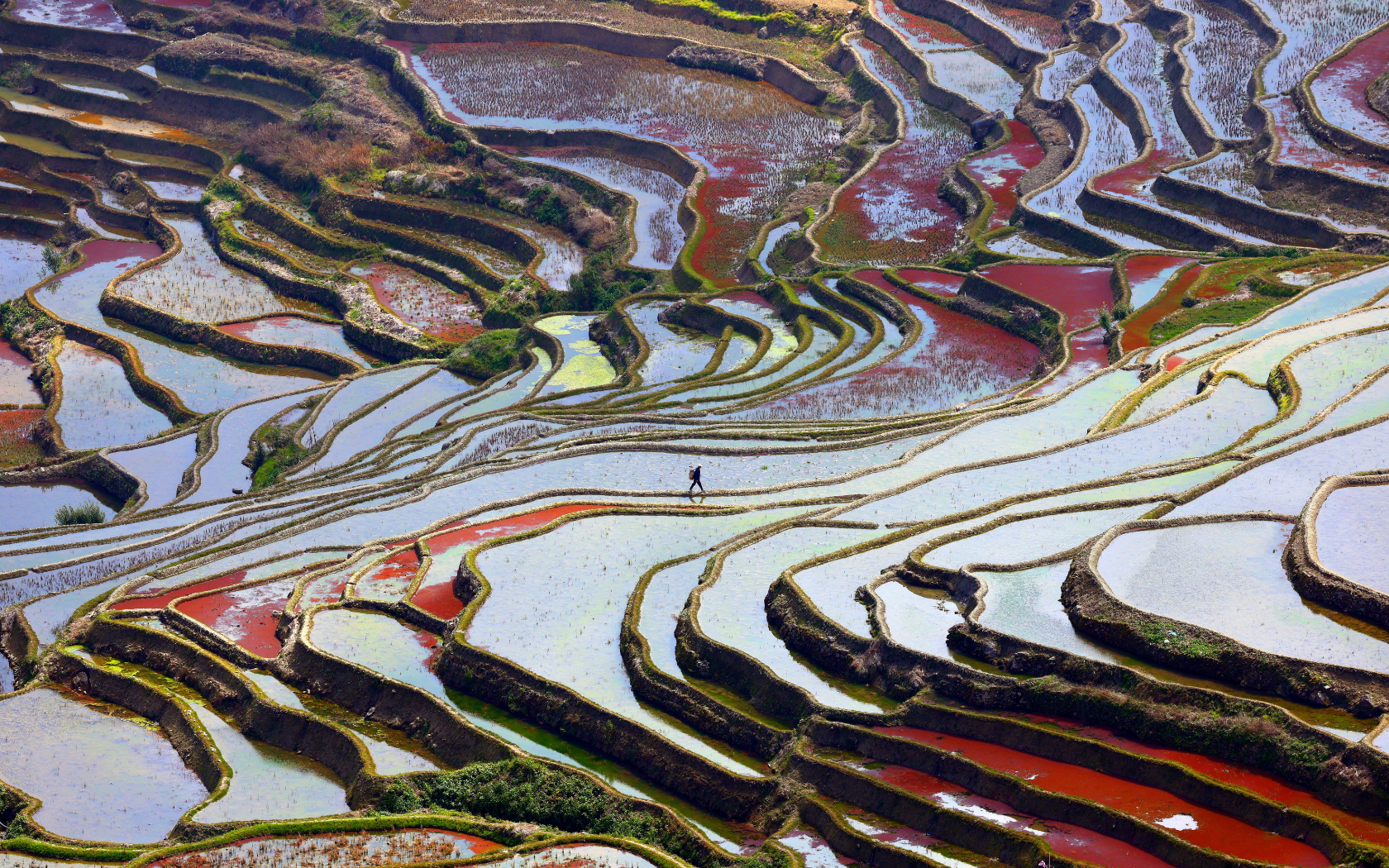
Raymond Zhang, Walking on the Palette.
Finally, The Sidney Nolan Trust Residency Prize went to Pale Blue Dot Collective, a collective formed by Louise Beer and John Hooper; the DWKFPA prize went to Shanghai student Raymond Zhang; the Photoworks Digital residency to Marilene Ribeiro; the New Scientist Editors prize to Taylor Roades; and the National Trust Attingham prize to TJ Watt, co-founder of The Ancient Forest Alliance.
___
Earth Photo 2024
Where: Royal Geographical Society (London)
Until when: 21 August




